For a long time, in-person therapy was the only option for people seeking mental health care. More recently, however, telehealth has become a lifeline, addressing the challenges common to physical therapy appointments. If you’ve never tried it, you might wonder if online therapy or psychiatry is as effective as meeting your provider in person; and if it would actually work for you. To help you decide, here’s what you need to know to decide if telehealth is the right fit for your mental health journey.
How Does Telehealth for Mental Health Work?
Telehealth allows you to connect with a licensed provider, who could be a therapist, psychiatrist, or nurse practitioner, through secure video or phone sessions. It is private, secure, accessible, and designed to remove many of the barriers linked with in-person appointments that keep people from getting the care they need.
Advantages of Telehealth for Mental Health
- Convenience:
With telehealth, you don’t have to face long commutes, waiting rooms, and rigid scheduling.
- Accessibility:
If you live in a rural area, have limited transportation, or lead a busy lifestyle, telehealth makes care more accessible.
- Privacy:
Sessions are held in private, from the comfort of your home.
- Continuity of Care:
It is easier to stay consistent with follow-ups, even when you relocate.
- Access to Specialists:
Telehealth allows you connect with specialized providers who may not be available locally.
When Telehealth Works Best
Telehealth may be a good fit if you:
- Struggle with anxiety, depression, ADHD, or other mental health conditions that do not require inpatient care;
- Want medication management or supportive therapy without travel stress;
- Have a safe, private space where you can talk openly;
- Value convenience, flexibility, and comfort.
Situations Where In-Person Care May Be Better
While telehealth works for most people, there are situations where in-person care may be necessary, such as –
- Crisis or emergency situations, which includes active self-harm, suicidal intent, or severe psychosis.
- Severe conditions requiring inpatient or intensive treatment programs.
- Lack of access to stable internet or private space.
In these cases, telehealth providers often guide you to appropriate local resources.
Telehealth Myths (and the Truth)
- Myth #1:
Telehealth for mental health is less effective than in-person care.
Truth:
Research shows that telehealth therapy and psychiatry are just as effective as in-person sessions for most mental health conditions.
- Myth #2:
It is not private.
Truth:
Telehealth platforms are secure, encrypted, and HIPAA-compliant to protect your privacy.
- Myth #3:
Telehealth is only for minor issues.
Truth:
Telehealth successfully supports people with depression, anxiety, ADHD, PTSD, and other mental health conditions that significantly impact daily life.
How to Know If Telehealth Is Right for You

To make a decision, ask yourself:
- Do I prefer the comfort of home during appointments?
- Is convenience important because of my work, family, or health schedule?
- Do I want access to more providers and specialists than those available in my area?
- Am I comfortable using video or phone technology?
If you answered “yes” to most of these, then telehealth may be the right fit.
Final Thoughts
Telehealth isn’t just an in-person care alternative. It is an effective and proven way to get consistent mental health support. For many, it removes barriers and makes seeking help less overwhelming.At Reverent Health Psychiatry, we make telehealth simple, compassionate, and effective. If you’re wondering whether it is right for you, schedule a consultation today and take the first step toward better mental health.





